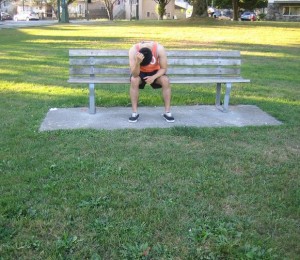There are various causes of persistent tinnitus or ringing noise in the ear. It is vital that you are well aware of these possible causes. Some individuals might experience persistent noise that can disrupt with quality of life.
Close look on tinnitus
Some individuals experience noise in one or both ears which is called as tinnitus. Even though some individuals describe it as a ringing noise, it might also be heard as roaring, hissing, whistling or clicking. In some cases, the ringing noise can be evidently loud and can disrupt with hearing the normal external sounds. It is important to note that tinnitus is often managed depending on the underlying cause.
What are the common causes?
There are various factors that can cause the condition such as circulatory issues, age or injuries including significant exposure to damaging levels of sound. There are 2 types – objective and subjective.

When it comes to objective tinnitus, it is a condition audible to the doctor who typically indicates an underlying issue in the inner ear, neighboring muscles or related blood vessels. As for subjective tinnitus, the noise is only heard by the individual and can be linked to the auditory nerves, brain connections to the ear or certain conditions in any part of the ear.
One typical cause of tinnitus is frequent exposure to loud noises earlier in life whether at work without enough ear protection or recreational activities. Prolonged exposure to loud noises can result to permanent hearing loss due to damage to the tiny hairs in the inner ear that receives vibrations via the air. Many individuals over 60 years old who suffer from hearing loss from hereditary causes can also suffer from tinnitus as an associated symptom. Lastly, the temporary type can be triggered by excessive accumulation of wax in one or both ears.
Uncommon causes
There are cases in which tinnitus can be due to head and neck injuries, stress, depression, benign tumors on the cranial nerve or an inner ear condition such as Meniere’s disease.
Another less frequent cause is pulsatile tinnitus which is a disorder affecting the blood vessels due to malformed capillaries, hypertension, partially blocked neck arteries or veins, atherosclerosis or neighboring tumors. Lastly, it can also occur as a potential side effect of various medications including aspirin in high doses, diuretics, quinine, cancer medications and other common antibiotics.
Treatment
A doctor should be consulted if tinnitus occurs abruptly and can be accompanied by hearing loss or dizziness. If there is an abrupt ringing in the ears, it might be due to a newly prescribed medication in which the doctor should be informed. Due to the difficulty in determining a possible diagnosis or underlying cause, the solutions to manage the condition can be obscure.

